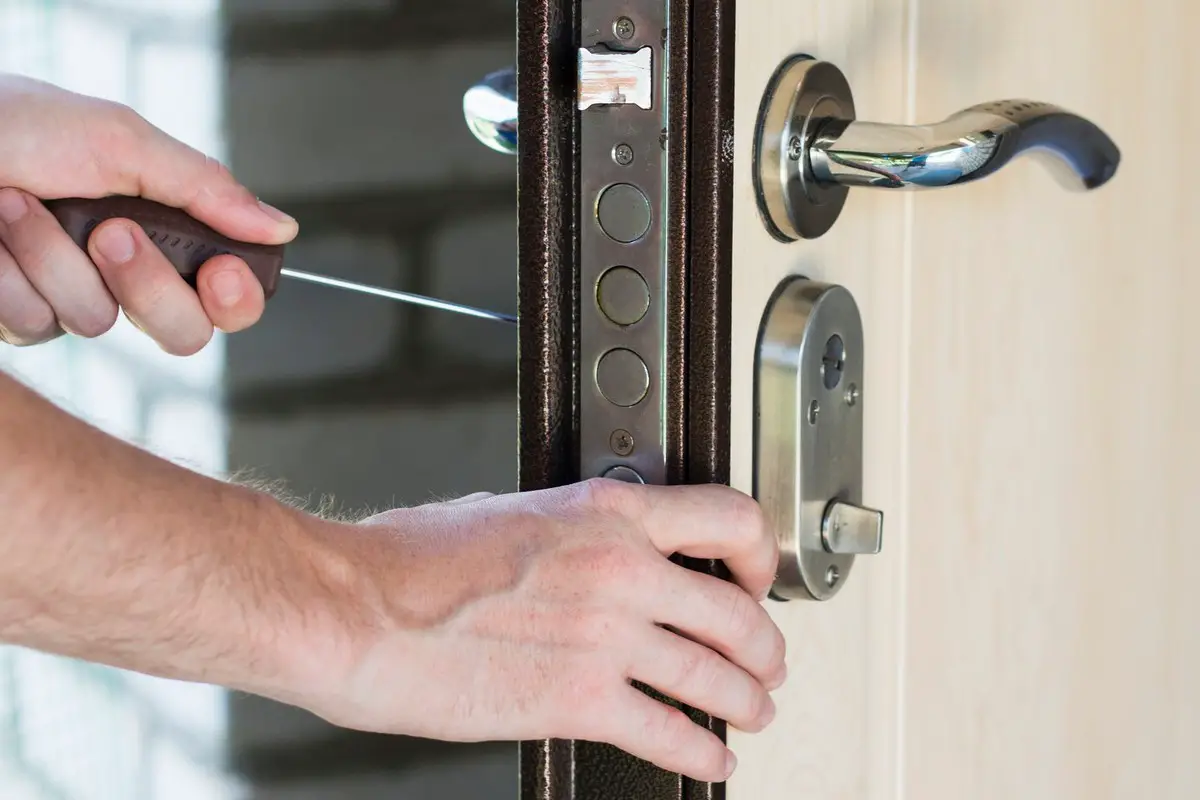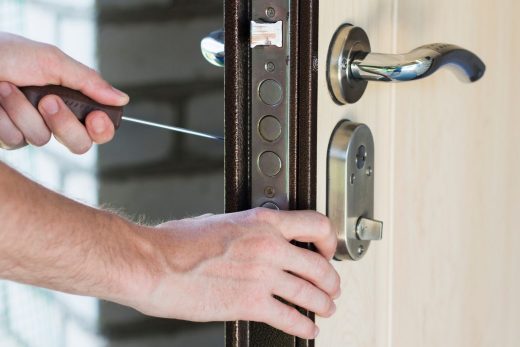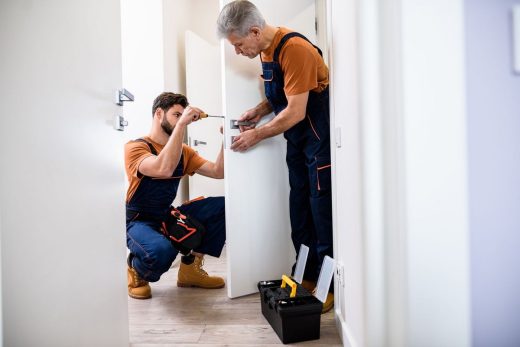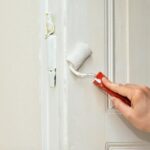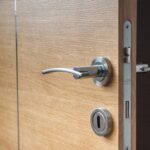Homeowner’s guide to door lock maintenance, Property security tips, Online house safety advice
A Homeowner’s Guide To Door Lock Maintenance
30 Dec 2021
All mechanical devices need regular maintenance to ensure they continue to work correctly, and your door locks are no exception. Unfortunately, most homeowners neglect the importance of proper door lock maintenance. Remember that regardless of how decent your door locks are, don’t expect them to function properly daily if you don’t provide maintenance.
Maintaining your door locks can help keep them performing better and may prevent you from having to pay more for repairs in the future. Your door locks will become hard to operate and may break without proper maintenance.
How Often Is Door Lock Maintenance Required?
Door lock maintenance is recommended every six months in mild environments. If you’re living in areas with extreme environments, you need to perform door lock maintenance every three months.
Maintenance must be undertaken if you notice problems with your door locks and have to get them back to working order. If possible, let professional locksmiths do the job for you. To know more information, visit alcatraz-edinburghlocksmiths.co.uk/.
Steps To Maintain Your Door Locks
To get the most from your door locks, use these steps:
- Clean Your Locks
Dirt particles in your door locks may be the hurdles for lock pins to close or open a lock. If the dirt is stuck in the lock’s mechanism, it might jam the system and prevent it from working well.
When cleaning your door locks, make sure to use the right materials to avoid causing more damage to your door locks. For instance, using the wrong type of lubricant can clog the keyhole, and harsh washcloths may scratch the surface, making locks vulnerable to rusting.
So, be sure to clean quality materials when cleaning your door locks and other home security products. Use a toothbrush or soft cloth to brush out loose particles if possible. It may also cause more issues instead of maintaining the lock’s condition.
- Lubricate The Inside Of Your Door Locks
The outside of your door lock may seem neat and clean, but its inside can be filled with tiny dirt particles. For this reason, lubrication is essential.
At present, there are various lubricants you can use for door locks. Instead of using petroleum-based problems, opt for graphite lubricants because they’re the easiest to apply. Just spray some lubricant into the keyway.
After spraying the lubricants inside the door lock, move your key in and out of your door lock. Every time you take out the key, you remove the debris from your locks. Just make sure to lubricate your door lock at least once a year.
- Ensure Your Door Is Hung Properly
If you don’t know what a well-hung door looks like, it’s best to contact a locksmith. You want to ensure that your door isn’t sagging and is even with the frame. If your door isn’t hung correctly, it may put unnecessary pressure on the lock, which can cause a problem. When a door is hung properly, it won’t have an uneven gap and won’t bind.
- Check Your Door’s Strike Plates And Screws
To increase break-in resistance and prevent door sagging, homeowners must add a longer three-inch screw to every hinge. The hinge screws are staggered, but longer screws must be near the wall’s centre. While looking at your door frame, check the strike plates. The plates for the deadbolt must have long screws securing it to the wall like the hinges.
- Copy Your Keys
Another way to maintain your door is to use the keys properly. Keys may wear before the locks do. When you’re installing new locks, it’s wise to set aside another copy of the original keys to use when making duplicates.
When the area starts to wear out, you must replace it. Continuing to use worn keys may damage the locking mechanism or cause the key to break. Remember that duplicates are never exact, and some variances increase when copies are made from another duplicate. This variance can make a difference between a good and a working key.
If your duplicate keys aren’t functioning well or your original keys are already worn out, you might want to replace or rekey your locks. This will help you avoid getting locked out of your house and making an emergency call to your trusted locksmith.
- Know When To Call In The Pros
Every door must be easy to operate without the force needed to close or lock them. If they’re not, then it’s time to call professional locksmiths to help you with your problem. You might be tempted to do the job yourself, but it’s never a good idea. It won’t only invalidate your home insurance, but it may also compromise your home’s security, making your property vulnerable.
Homeowner’s guide to door lock maintenance conclusion
The regular use of door locks can result in some degree of wear and tear. Without proper care and maintenance, you’ll need to replace your door locks sooner than necessary. If you don’t want that to happen, make sure to read the above guide to extend your dock lock’s life span and ensure it won’t prematurely fail.
Comments on this homeowner’s guide to door lock maintenance article are welcome.
Doors
Doors Posts
Door hardware to complement your architecture guide
Help from a Professional Locksmith
Installing a home security system guide
Locksmith for NYC: New York City home security firm
Building Articles
Residential Architecture
Comments / photos for the Homeowner’s guide to door lock maintenance advice page welcome

